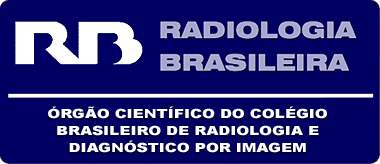OBJECTIVE: Contrast medium-induced nephropathy is the third most frequent cause of iatrogenic acute renal failure involving inpatients. The present study was aimed at evaluating the protective effect of n-acetylcysteine and allopurinol in both male and female rats receiving diatrizoate. MATERIALS AND METHODS: Thirty-five young adult Wistar rats submitted to hydric restriction were divided into groups as follows: groups 1 and 2 (respectively male and female rats) receiving saline solution; groups 3 and 4 (respectively male and female rats) receiving diatrizoate; group 5 (male rats) receiving diatrizoate and n-acetylcysteine; group 6 (male rats) receiving diatrizoate and allopurinol; and group 7 (male rats) receiving diatrizoate and n-acetylcysteine + allopurinol. The glomerular filtration was evaluated by measurement of creatinine clearance. Student's t-test and the test of signal were utilized for statistical analysis. RESULTS: Animal models receiving allopurinol did not present a significant increase in the creatinine levels, while n-acetylcysteine did not prevent the creatinine levels increase. CONCLUSION: Allopurinol has shown to be more effective than n-acetylcysteine in the renal function protection against sodium diatrizoate-induced damages. No difference has been found between male and female groups as regards the intensity of sodium diatrizoate-induced renal damages.
Contrast-induced nephropathy; N-acetylcysteine; Allopurinol; Diatrizoate


